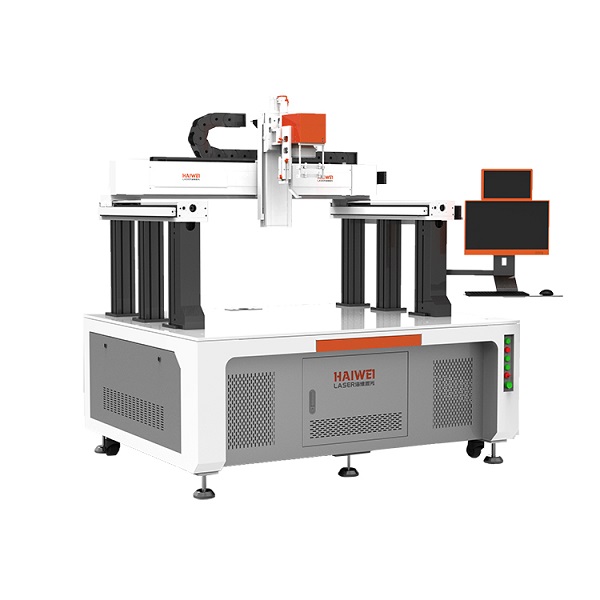The Role of Laser Welding Machines in Battery Pack Assembly Lines
In the rapidly evolving electric vehicle (EV) industry, the assembly of battery packs, or battery pack lines, demands precision and reliability. This is where laser welding machines come into play, offering unique advantages over traditional welding methods.

Precision and Consistency
One of the primary roles of laser welding machines in battery pack assembly lines is to provide high-precision welds consistently. Battery cells must be joined with minimal thermal impact to avoid damaging the delicate internal components. Laser welding offers narrow, deep welds that are crucial for maintaining the integrity of the battery cells while ensuring strong connections between them.
Speed and Efficiency
The speed at which laser welding can be performed significantly contributes to the efficiency of battery pack lines. Automated laser systems can quickly move from one weld point to another without the need for tool changes, reducing downtime and increasing throughput. This makes it possible to scale up production as demand for EVs grows.
Flexibility in Design
Another advantage of using laser welding technology is its flexibility. It can accommodate various materials and thicknesses, making it suitable for different types of battery cells, such as cylindrical, prismatic, or pouch cells. This versatility allows manufacturers to adapt their processes easily to new designs or improvements in battery technology.
Quality Control and Traceability
Quality control is essential in the manufacturing of battery packs due to safety concerns. Laser welding machines often come equipped with monitoring systems that track key parameters like power output, focus position, and cooling rates. These systems ensure each weld meets predefined specifications and allow for traceability throughout the production process, enhancing overall product quality.
Safety Considerations
Safety is a paramount concern when dealing with high-energy batteries. Laser welding minimizes the risk of sparks and debris, which are common hazards associated with other welding techniques. Additionally, automated systems reduce human exposure to potentially dangerous conditions, further improving workplace safety.
In summary, the role of laser welding machines in battery pack lines is pivotal for achieving high-quality, reliable, and safe battery assemblies. Their ability to deliver precise, consistent welds at high speeds makes them indispensable tools in the EV industry.
Recent Posts
- What are the advantages of laser welding machines in lithium battery pack production lines?
- What issues should be noted when choosing a lithium battery pack production line?
- Quality Inspection and Control of Lithium Battery Module Pack Production Line
- Cell grouping and sorting process in lithium battery module pack production line
- What are the safety hazards of lithium battery pack production lines and how can they be prevented?
INQUIRY

